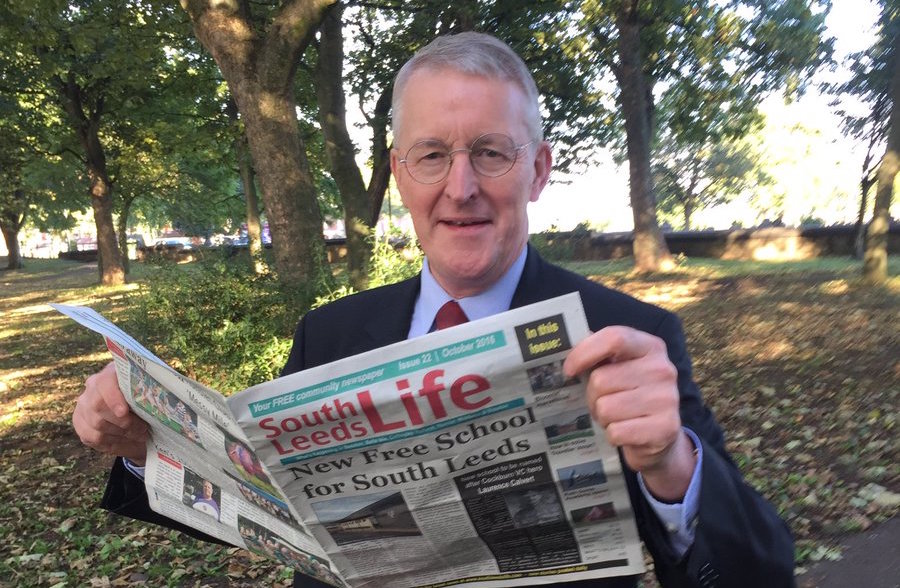

![]() For quite some time now it has been clear that there is a North-South divide when it comes to Government funding for infrastructure. The facts speak for themselves.
For quite some time now it has been clear that there is a North-South divide when it comes to Government funding for infrastructure. The facts speak for themselves.
Public capital spending per person in the North is only half that in London, according to the think-tank the Institute for Public Policy Research (IPPR). And the total being spent on Crossrail (£4.6bn) – the project to build a new underground line in the capital – will be more than all the spending on projects in the North (£4.3bn) put together.
The North’s equivalent of Crossrail is the plan to improve rail connectivity and journey times east-west. It currently takes about 55 minutes to travel by train between Leeds and Manchester – two powerhouses of the northern economy – and you almost always wait about five minutes outside Manchester Piccadilly station for a platform. The last time I did a day trip, some people had to stand most of the way. There is now a plan to improve things but why has it taken so long?
One reason is that for years all big transport projects have had to make the long journey down to Whitehall for civil servants to decide what’s a priority, when we already know what we need! If the funding had been devolved to the North thirty years ago, I am sure that we’d be speeding on our way by now.
This is one reason why greater devolution of power really matters. To keep our economy strong, especially amid the uncertainty created by Brexit, we need to invest – in infrastructure, skills, housing, and science and innovation – and transport which is the artery of economic activity is absolutely central to this. So let’s get campaigning for our fair share.
I recently visited the foot health clinic at the diabetes centre at St James’s Hospital. Diabetes is a major and growing public health problem. The number of people with the disease has increased by 60% in the last decade and there are now an estimated 41,000 people in Leeds affected, with the highest rates found in the south and east of the city.
Diabetes is a serious condition and can result in damage to our lower limbs with the risk of amputation. As it was explained to me, people with diabetes can lose all feeling in their feet so they don’t necessarily notice when they have injured themselves.
Up to 25% of people with diabetes will develop a foot ulcer. Half of these cases will involve infection, with one fifth of infections resulting in an amputation. It is no wonder that the unit at St James’s describes itself as the limb salvage clinic.
I knew very little about diabetes before my visit but I came away with a much better understanding of why we all need to take it seriously. But most of all, I was so impressed by the knowledge, professionalism and care shown by the staff I met.
One patient told me that he regards them as family, and they certainly represent everything that is wonderful about our NHS. At a time when we read a lot about the great pressures facing the health service, it is the staff in our hospitals, clinics and GPs’ surgeries who – day in and day out – make sure we are looked after. Let’s thank them for everything they do.


